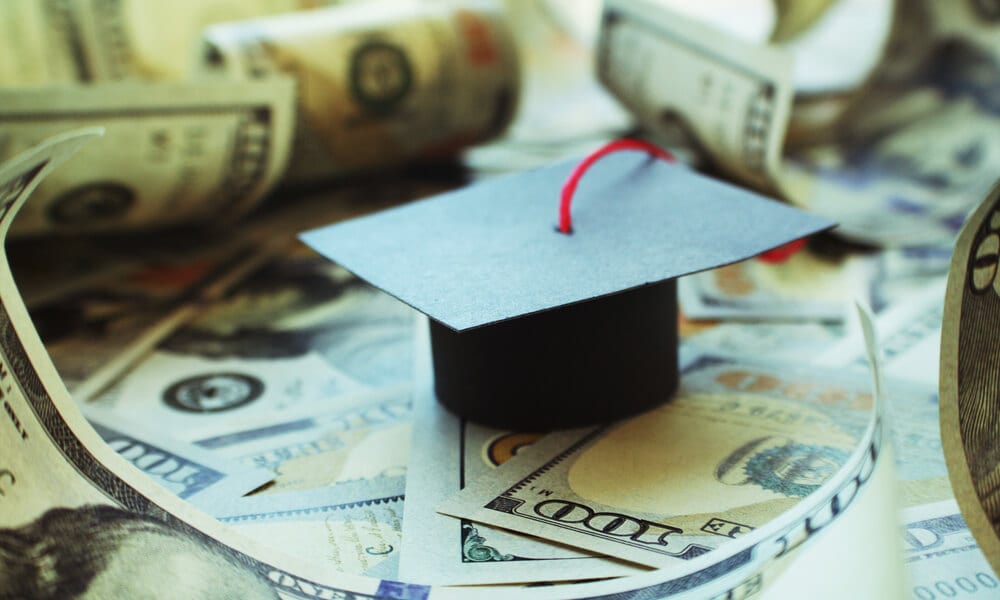In today’s world, education and social justice have become inextricably linked. In recent years, advancements have been made in making education more accessible to marginalized communities, but disparities still persist. Children from low-income families, minority groups, and those with disabilities often receive lower quality education and fewer opportunities, leading to significant differences in academic achievement and social mobility as compared to their more privileged peers.
Education is often seen as one of the most effective means for combating poverty and promoting social mobility. However, in many countries, education is not equally accessible to all people, regardless of their socioeconomic background. This disparity arises from various factors such as cultural biases in schooling practices, poor quality education infrastructure in marginalized communities, and inadequate finances for educational purposes.
A lack of access to quality education also exacerbates economic and social disparities further, where students from disadvantaged or marginalized communities have a limited scope of career opportunities, and they often end up in low-paying or low-skilled jobs. As a result, millions of people worldwide are trapped in a perpetual cycle of poverty, unemployment, and social isolation.

Conversely, education can be a lever to promote social equity, social cohesion, and peacebuilding. Education is not only about academic learning but also includes the acquisition of soft skills such as teamwork, communication, and critical thinking, which are essential for social mobility and prosperity. Educated individuals are empowered to progress beyond traditional limitations, and this, in turn, contributes to greater social justice in society.
To achieve the goal of social justice, it is incumbent upon policymakers and education stakeholders to prioritize education that addresses the most significant inequities and disparities in society. Education strategies must integrate innovative measures like providing scholarships for underprivileged students, improving infrastructure in deprived areas, promoting equal opportunities in education, and developing student-centered academic curriculums.

Education and social justice go hand in hand. Programs and policies aimed at improving education quality and access represent a critical tool in promoting equity, reducing poverty, and building a more just and prosperous society on a global scale. Education must be seen not just as an essential tool for economic growth, but also as a means of promoting equal opportunities and social cohesion. By addressing inequities and disparities, educators and policymakers can create environments that foster social mobility, equitable distribution of resources, and a more just and equitable society.





